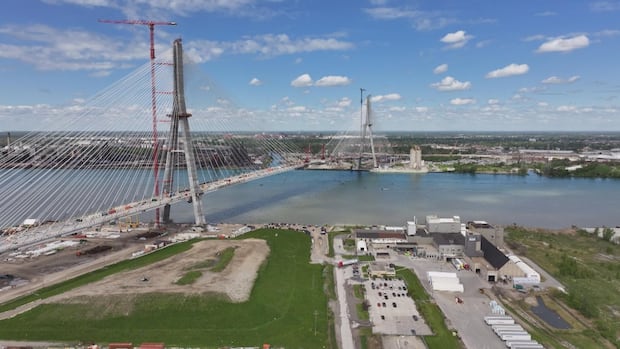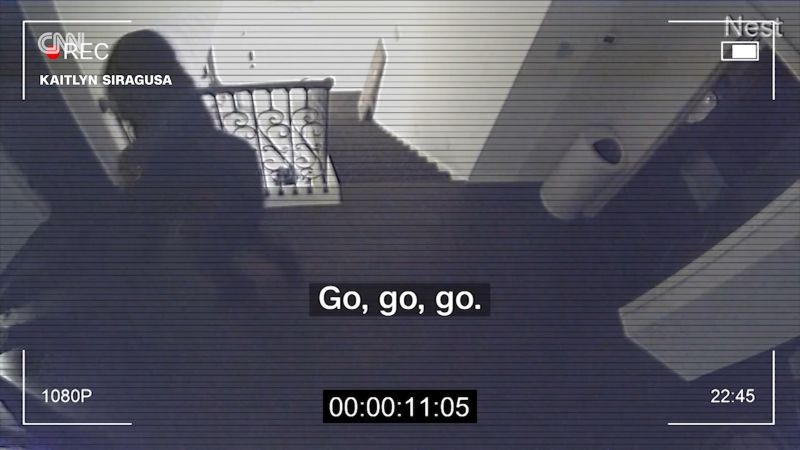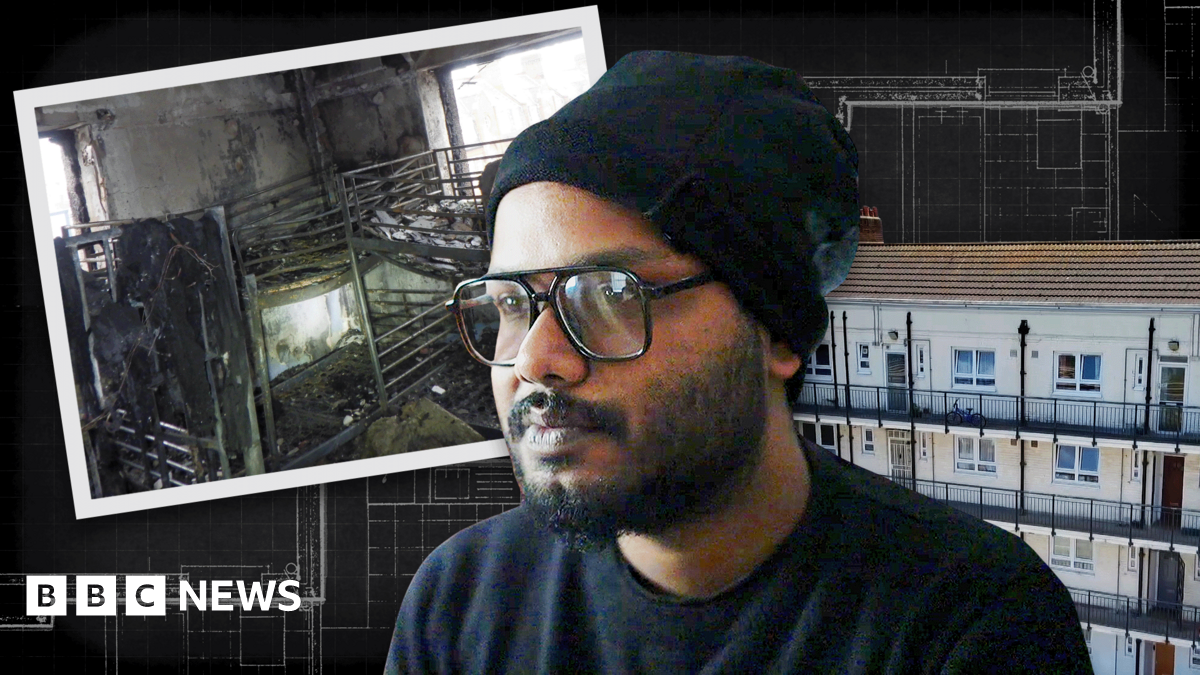What Does Palestinian State Recognition Entail? A Comprehensive Analysis

Welcome to your ultimate source for breaking news, trending updates, and in-depth stories from around the world. Whether it's politics, technology, entertainment, sports, or lifestyle, we bring you real-time updates that keep you informed and ahead of the curve.
Our team works tirelessly to ensure you never miss a moment. From the latest developments in global events to the most talked-about topics on social media, our news platform is designed to deliver accurate and timely information, all in one place.
Stay in the know and join thousands of readers who trust us for reliable, up-to-date content. Explore our expertly curated articles and dive deeper into the stories that matter to you. Visit Best Website now and be part of the conversation. Don't miss out on the headlines that shape our world!
Table of Contents
What Does Palestinian State Recognition Entail? A Comprehensive Analysis
The question of Palestinian state recognition is a complex and deeply contentious issue at the heart of the Israeli-Palestinian conflict. For decades, the pursuit of a sovereign Palestinian state has been a central demand of the Palestinian people and a key focus of international diplomacy. But what exactly does recognition entail, and what are its implications for both sides, as well as the wider international community? This article provides a comprehensive analysis.
Understanding State Recognition: More Than Just a Symbolic Gesture
State recognition is far more than a simple declaration of acknowledgement. It's a legal and political act with significant ramifications. When a state recognizes another, it formally acknowledges its existence, sovereignty, and right to self-determination. This recognition typically involves:
- Diplomatic relations: Opening embassies, exchanging ambassadors, and establishing formal channels of communication.
- Legal standing: The recognized state gains the ability to participate in international organizations like the United Nations, sign treaties, and engage in international law.
- Economic implications: Trade agreements, foreign aid, and investment opportunities become more accessible.
- Security implications: The recognized state gains the right to defend its territory and people, although the specifics often depend on existing security arrangements.
The Case of Palestine: Challenges and Complexities
The path towards Palestinian state recognition is fraught with challenges. While many countries have already recognized a Palestinian state, often based on the pre-1967 borders with East Jerusalem as its capital, full international consensus remains elusive. Several key obstacles persist:
- The Israeli-Palestinian peace process: The lack of a final peace agreement between Israel and the Palestinians significantly complicates the situation. Israel's continued occupation of Palestinian territories remains a major stumbling block.
- Territorial disputes: The exact borders of a future Palestinian state remain a subject of ongoing negotiations, particularly concerning Jerusalem, settlements, and water resources. .
- Security concerns: Israel’s security concerns relating to potential threats from a Palestinian state continue to be a major factor in negotiations.
- Internal Palestinian divisions: The ongoing division between Fatah in the West Bank and Hamas in Gaza hampers the formation of a unified and internationally recognized Palestinian government.
The Implications of Recognition
The consequences of widespread international recognition of a Palestinian state are profound:
- Increased international pressure on Israel: Recognition would likely increase international pressure on Israel to end the occupation and negotiate a lasting peace agreement.
- Enhanced legitimacy for the Palestinian Authority: Full recognition would bolster the legitimacy and authority of the Palestinian Authority, strengthening its position in negotiations.
- Potential for increased conflict: Some fear that recognition could escalate tensions and lead to further conflict, particularly if not accompanied by a comprehensive peace agreement.
- Shift in international relations: It could redefine the geopolitical landscape in the region, impacting alliances and diplomatic strategies.
Conclusion: A Long and Winding Road
The recognition of a Palestinian state is a multifaceted issue with far-reaching implications. While symbolic recognition is a significant step, achieving full statehood requires addressing the complex political, territorial, and security challenges that continue to plague the region. The path forward necessitates a renewed commitment to dialogue, compromise, and a just and lasting peace for both Israelis and Palestinians. The international community has a vital role to play in fostering such a process. What are your thoughts on the future of the Palestinian state? Share your opinions in the comments below.

Thank you for visiting our website, your trusted source for the latest updates and in-depth coverage on What Does Palestinian State Recognition Entail? A Comprehensive Analysis. We're committed to keeping you informed with timely and accurate information to meet your curiosity and needs.
If you have any questions, suggestions, or feedback, we'd love to hear from you. Your insights are valuable to us and help us improve to serve you better. Feel free to reach out through our contact page.
Don't forget to bookmark our website and check back regularly for the latest headlines and trending topics. See you next time, and thank you for being part of our growing community!
Featured Posts
-
 Transforming Railway Land A 40 000 Home Redevelopment Project
Aug 01, 2025
Transforming Railway Land A 40 000 Home Redevelopment Project
Aug 01, 2025 -
 Broker Predicts Investment Boom New Bridge Links Canadian And Us Markets
Aug 01, 2025
Broker Predicts Investment Boom New Bridge Links Canadian And Us Markets
Aug 01, 2025 -
 Construction Delays Plague New Canada U S Bridge Impact On Border Crossing Times
Aug 01, 2025
Construction Delays Plague New Canada U S Bridge Impact On Border Crossing Times
Aug 01, 2025 -
 New Bridge Spurs Canadian Investment In Us Market Broker Report
Aug 01, 2025
New Bridge Spurs Canadian Investment In Us Market Broker Report
Aug 01, 2025 -
 Over 30 Knoxville Businesses Share Regulatory Burden With Federal Government
Aug 01, 2025
Over 30 Knoxville Businesses Share Regulatory Burden With Federal Government
Aug 01, 2025
Latest Posts
-
 Break In Arkansas Killing Case Suspect Captured At Local Barbershop
Aug 02, 2025
Break In Arkansas Killing Case Suspect Captured At Local Barbershop
Aug 02, 2025 -
 Only Fans Streamer Targeted In Shocking Crypto Attack Cctv Footage Released
Aug 02, 2025
Only Fans Streamer Targeted In Shocking Crypto Attack Cctv Footage Released
Aug 02, 2025 -
 A Mothers Final Days Unraveling The Mystery Behind Her Alleged Poisoning
Aug 02, 2025
A Mothers Final Days Unraveling The Mystery Behind Her Alleged Poisoning
Aug 02, 2025 -
 Community Grieves Remembering The Service Of Officer Didarul Islam
Aug 02, 2025
Community Grieves Remembering The Service Of Officer Didarul Islam
Aug 02, 2025 -
 Illegal House Shares A Breeding Ground For Rats Mold And Overcrowding
Aug 02, 2025
Illegal House Shares A Breeding Ground For Rats Mold And Overcrowding
Aug 02, 2025
